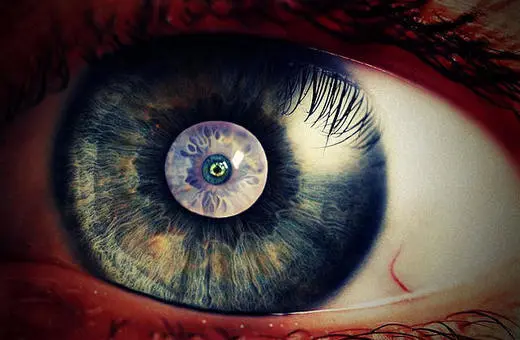Most of us feel as though we can freely choose our actions. But what if this feeling of free choice is an illusion? From neuroscientists to spiritualists to philosophers, many are now arguing that the feeling of free will is a fantasy. Is your life following a set, fixed path? Are you merely a puppet on strings? Or can you decide your own fate? We cannot ignore the problem of free will any longer, writes Meghan Griffith.
Are we free, or are we determined? When someone asks this, I assume they mean that either we are free or we are determined. Not both. Not neither. But is this the right question? Is determinism really a threat to free will? Is it the only threat? A less controversial question might be “are we ever free, or aren’t we?”
But before getting to what’s controversial about the original question, let us spend some time considering why it’s so often asked and why each side has some pull.
Why freedom versus determinism? Philosophers characterize determinism as the idea that the past and the laws of nature dictate exactly how everything will go from that point forward. If determinism is true, everything is determined. Since we are beings in the physical world, our own brain states and behavior will be determined too. If determinism is true, what I choose to type next seems to be an inevitable result of the laws of nature plus every event (from the beginning of time) leading up to my moment of choice. There seem to be some strong intuitions for thinking determinism and free will cannot go together.
Suppose I convince you right now that determinism is true. Would I be able to convince you that you’ve never actually done what you wanted?
Now let’s look at why someone might think we are determined. First, it is hard to understand how to explain (or control) anything without thinking it has a cause, and the universe does appear to operate according to physical laws. It is also hard to see how or why we would not be subject to laws of nature and the events leading up to whatever we do. Even if I try to act capriciously just to prove my freedom (like Dostoevsky’s Underground Man) doesn’t this choice require some sort of preceding cause (why did I choose to be unpredictable right then?). Maybe all behavior results from an inevitable chain. Even if physicists were to decide once and for all that the universe is not entirely deterministic (maybe due to unpredictability at the quantum level), this may not secure the kind of “wiggle room” we need. Maybe the patterns of human behavior are such that for all intents and purposes, we might as well be determined.
But setting determinism aside for now, let’s turn to reasons why someone might think we are (at least sometimes) free. Free will concerns whether we sufficiently direct our own behavior. Are we in control? It certainly seems so. We can think about what to do, decide, then move our bodies. We can resist temptations and modify our environments in line with our goals. We can evaluate our motives and make changes. It is difficult, if not impossible, to explain human behavior and human experience without countenancing such abilities. But even if we have these abilities, are they sufficient for (or constitutive of) free will? If not, then knowing that we have these abilities will not give us the answer we seek.





















Join the conversation